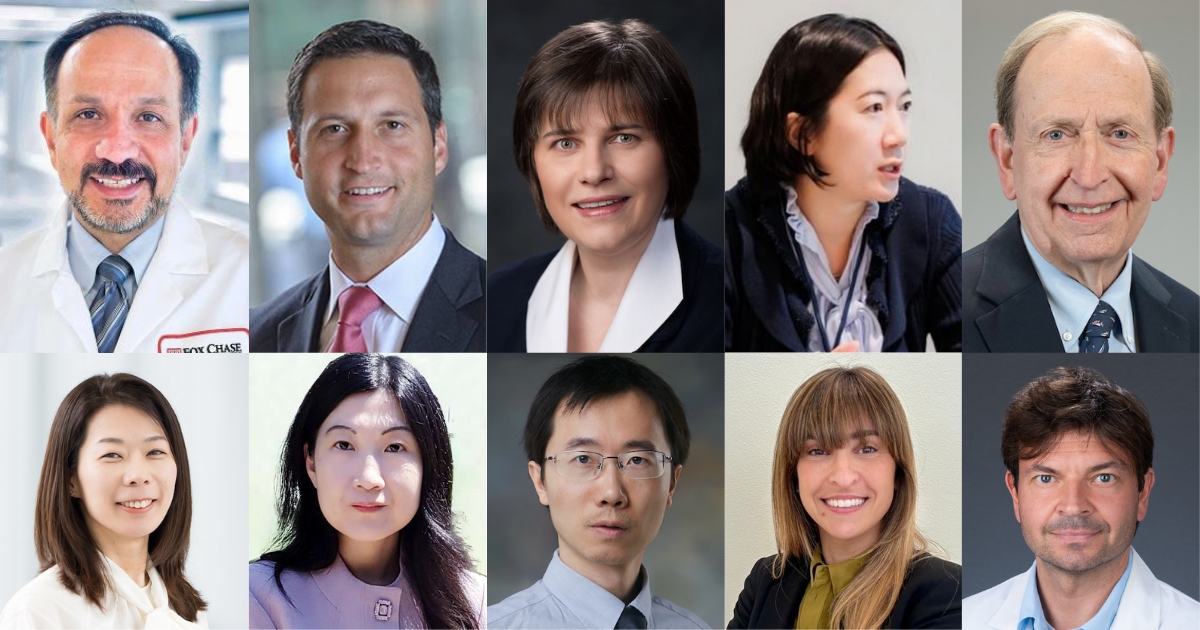Foundation welcomes leaders in lung cancer research to achieve strategic objectives
NEW YORK, NY (August 19, 2025) – The Lung Cancer Research Foundation (LCRF) has expanded its Scientific Advisory Board (SAB) by five new members, strengthening an already stellar scientific governing body. Led by Kathryn O’Donnell, PhD, Associate Professor, Molecular Biology at UT Southwestern Medical Center, the LCRF Scientific Advisory Board’s primary role is to guide the organization’s research investment priorities; review, evaluate and select lung cancer research proposals worthy of financial investment; and provide opinion and guidance on relevant lung cancer data. This exemplary group of lung cancer experts is integral to achieving LCRF’s goal of doubling its research investment by 2030.
“Our Scientific Advisory Board is essential in identifying the best and brightest investigators whose creative ideas have the potential to uncover novel, innovative solutions for people living with lung cancer,” says Aubrey Rhodes, Executive Director, LCRF. “The addition of these new members strengthens our ability to discover and support groundbreaking research that will truly make an impact.”
“The LCRF Scientific Advisory Board is a brilliant and effective group of diverse lung cancer research experts,” remarked Kathryn O’Donnell, PhD, LCRF’s SAB chair. “By bringing these experts into the group, we can more readily adapt to a changing research landscape while achieving the strategic objectives that will accelerate lung cancer research. It is my honor to welcome our newest members.”
In addition to these five new full SAB members, LCRF welcomes its first cohort of five junior members, whose role will be to review, score, and provide commentary on grant applications as well as serve as volunteer spokespersons for LCRF and its research program.
“By welcoming junior members to our Scientific Advisory Board, LCRF is investing in the future leaders of lung cancer research,” commented Dhruba Deb, PhD, LCRF’s Senior Director of Research Programs. “These rising scientists will have the opportunity to learn directly from some of the most accomplished experts in the field, gaining insights and mentorship that will shape their careers. This is a critical step in ensuring that bold, innovative research continues to thrive, ultimately accelerating progress for people living with lung cancer.”
New Scientific Advisory Board members:
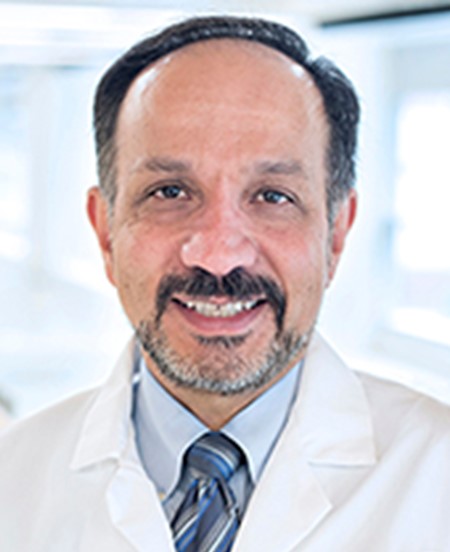
Hossein Borghaei, DO, MS
Chief of Thoracic Medical Oncology
Fox Chase Cancer Center
Hossein Borghaei, DO, MS earned his degree at Philadelphia College of Osteopathic Medicine and completed his residency at Graduate Hospital in Philadelphia. Since completing his fellowship training at Fox Chase, he has been involved in a number of clinical trials aimed at developing new, antibody-based therapies and immunotherapies for patients with lung cancer.
In addition to his clinical practice and participation in immunotherapy-based clinical trials, Dr. Borghaei is the principal investigator (PI) of a laboratory that develops new monoclonal antibodies and novel immune-modulating drugs, with the aim of bringing these approaches to the clinic.
Dr. Borghaei is the co-chair of the thoracic committee at Eastern Cooperative Oncology Group (ECOG) and the Past Chair of the LungMap trial (S1800/S1900). He is the recipient of an American Society of Clinical Oncology (ASCO) Young Investigator Award and an ASCO Career Development Award. He also is the recipient of the Robert Krigel Memorial Award for Teaching Excellence from Fox Chase Cancer Center. Dr. Borghaei is a long-standing member of ASCO, AACR, IASLC, SITC and ECOG thoracic committee.
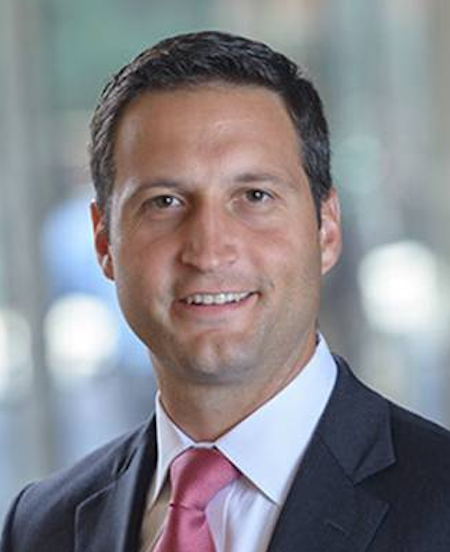
Matthew Bott, MD
Thoracic Surgeon
Memorial Sloan Kettering Cancer Center
Matthew Bott, MD is a thoracic surgeon at Memorial Sloan-Kettering (MSK) Cancer Center. He completed his general surgical training Weill-Cornell Medical Center and his fellowship in cardiothoracic surgery at Washington University in St. Louis. His clinical practice is centered on the treatment of patients with lung and esophageal cancer. He leads MSK’s efforts in robotic bronchoscopy as the surgical director of the Endobronchial Therapies program. He also has an active basic, translational, and clinical research program that focuses on mechanisms of immune surveillance in cancer and methods for leveraging these mechanisms to develop novel treatments for patients with lung cancer.
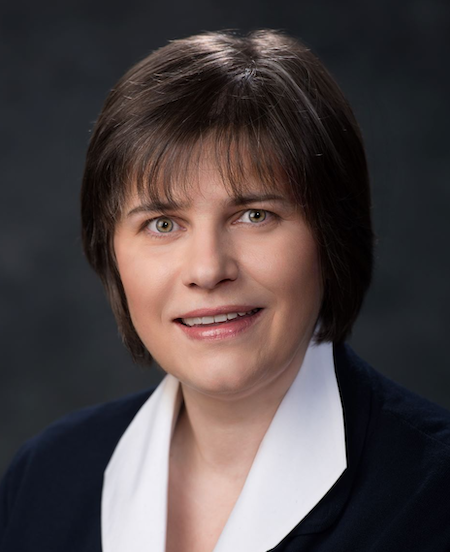
Sanja Dacic, MD, PhD
Department of Pathology
Yale School of Medicine
Sanja Dacic, MD, PhD, is a Professor of Pathology in the Clinician Educator Track in the Department of Pathology, Yale School of Medicine. She is a Vice Chair and Director of Anatomic Pathology at the Department of Pathology, Yale School of Medicine; and Director of Thoracic Pathology. She completed her residency training at the University of Pittsburgh and joined the faculty immediately after her fellowship in surgical thoracic pathology. She was Professor of Pathology at University of Pittsburgh, Director of Anatomic Pathology at UPMC Presbyterian Hospital, Director of Thoracic Pathology Center of Excellence, and interim director of the Molecular Anatomic Pathology at UPMC.
Dr. Dacic is focused on diagnostic pulmonary and molecular pathology and has been involved in many basic and translational research projects in lung cancer and pleural mesotheliomas that have resulted in numerous peer-reviewed scientific articles, book chapters, and reviews. Dr. Dacic was a member of the Editorial Board for the 5th WHO Classification of Thoracic Tumors. She serves on Editorial Boards of several journals and is a deputy editor in chief of Archives of Pathology & Laboratory Medicine. She served as a member of the USCAP Abstract Review Board (2006-2010), Education Committee (2011-2015), Young Investigators Awards Committee (member and chair) (2015-2017) and was elected to the Board of the Academy for three years (2015-2018). She served as president of the Pulmonary Pathology Society (2019-2022). Dr. Dacic is a member of the US and Canadian Mesothelioma Group, the International Mesothelioma Panel. She is currently chair of the IASLC Pathology Committee (2023-2025).
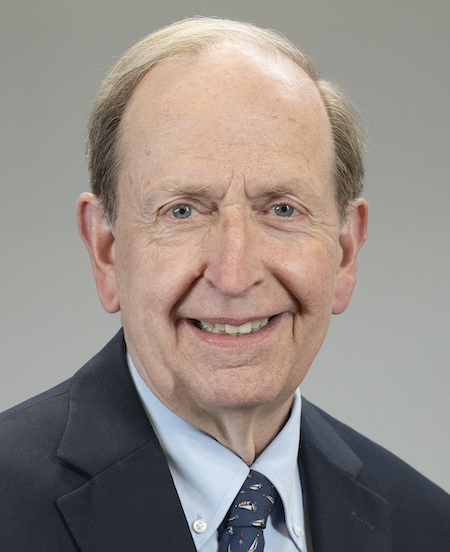
Paul J. Hesketh, MD, FASCO
Hematology & Oncology
Lahey Clinic Medical Center
Paul J. Hesketh, MD is Director of the Lahey Cancer Institute, Director of the Sophia Gordon Cancer Center and Director of Thoracic Oncology at Lahey Hospital & Medical Center in Burlington, Massachusetts. He is also Professor of Medicine, UMass Chan Medical School and Adjunct Professor of Medicine, Tufts University School of Medicine. Dr. Hesketh has a broad interest in investigational antineoplastic therapeutics, with a particular focus in defining effective new treatment approaches for lung cancer and the supportive management of the patient with cancer. He serves as a member of the leadership group of the Lung Committee of SWOG, a National Cancer Institute sponsored nationwide clinical trials group. He also chairs the SWOG Lung Community Engagement Sub-Committee and SWOG Professional Review Committee and is the Principal Investigator for SWOG at Lahey Hospital & Medical Center.
Dr. Hesketh is a past President of the Multinational Association of Supportive Care in Cancer (MASCC). He has served as a member of the antiemetic guideline committees for the American Society of Clinical Oncology (ASCO) (co-chair) and MASCC. He has also served as a member of the ASCO Stage IV Non-Small Cell Lung Cancer Guideline Committees and ASCO Thoracic Advisory Group. He serves on the Board of Visitors for the College of Health Professions, Sacred Heart University. He has received multiple academic and teaching awards. They include Alumni Achievement Award in Science (Boston College); Best of Boston – Medical Oncology (Boston Magazine); Champion of Healthcare (Boston Business Journal); Distinguished Service Award (Multinational Association of Supportive Care in Cancer); Massachusetts Oncologist of the Year (Massachusetts Society of Clinical Oncology); Fellow, American Society of Clinical Oncology; and Fellow, Multinational Association of Supportive Care in Cancer. He serves as a reviewer for several scientific journals and is a former Editor-in-Chief of the Journal of Oncology: Index & Reviews. He is an author of more than 275 scientific manuscripts, abstracts, and book chapters.
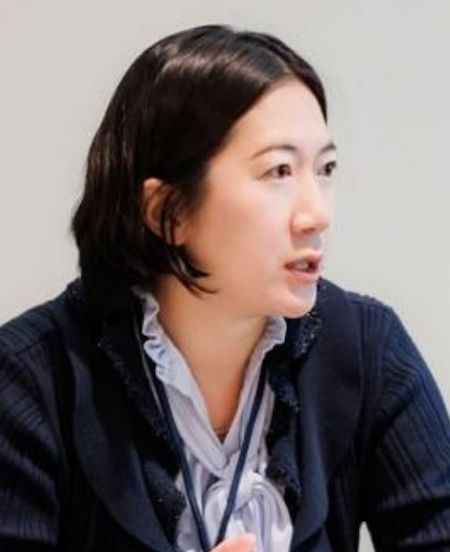
Misako Nagasaka, MD, PhD
Associate Professor, Division of Hematology and Oncology
UCI School of Medicine
Misako Nagasaka, MD, PhD is an Associate Clinical Professor in Thoracic Oncology for the Division of Hematology/Oncology, Department of Medicine at the University of California Irvine. She completed her residency in Internal Medicine at Beth Israel Medical Center in NYC and fellowship at Karmanos Cancer Institute in Detroit. Her clinical and research interests are in molecular targeted therapy and immunotherapy in thoracic malignancies, with a special focus in medical ethics. She has more than 160 publications including the New England Journal of Medicine, Nature Medicine, the Journal of Clinical Oncology and the Journal of Thoracic Oncology. She has experience serving as the site principal investigator (PI) for over 20 interventional trials (and has served as a sub-investigator for a number of studies) and enjoys collaborating with other researchers across the country and around the world.
New junior Scientific Advisory Board members:
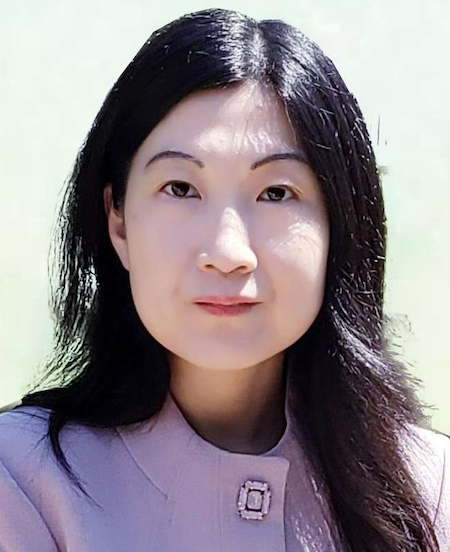
Joyce Chen, PharmD, PhD
Assistant Professor, The Pritzker School of Molecular Engineering
Ben May Department for Cancer Research
University of Chicago
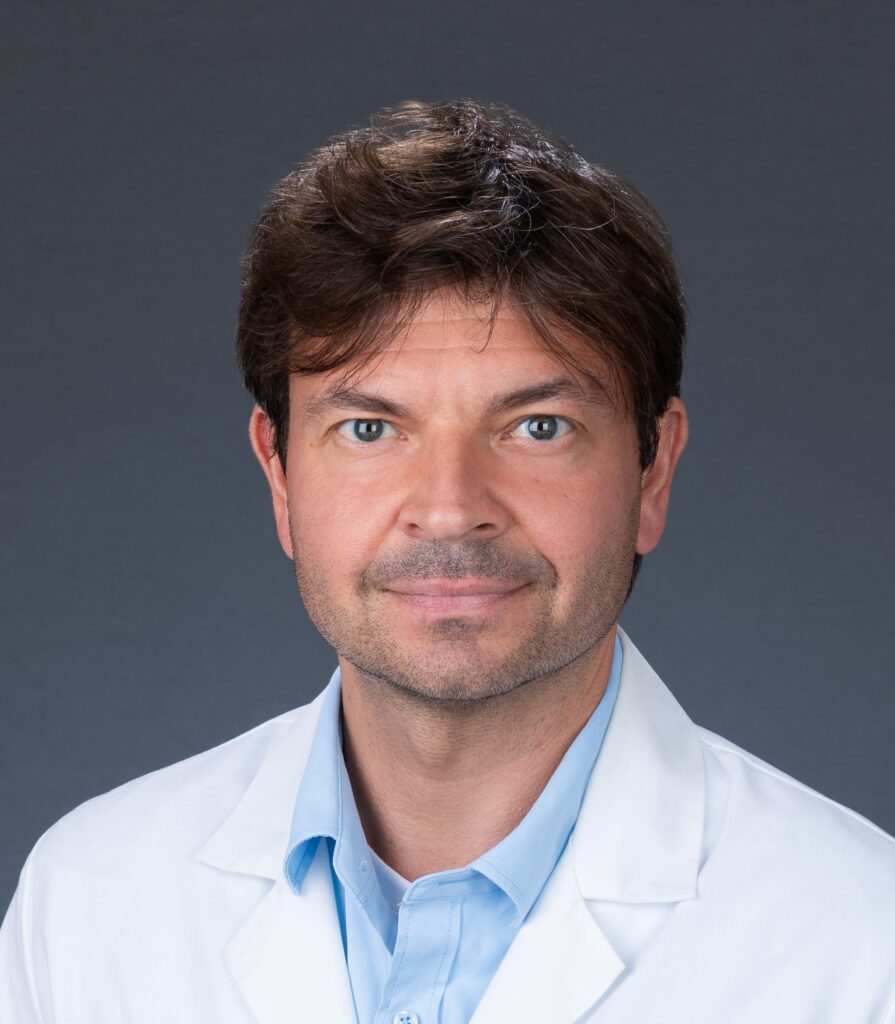
Emiliano Cocco, PhD
Assistant Professor, Biochemistry and Molecular Biology
University of Miami
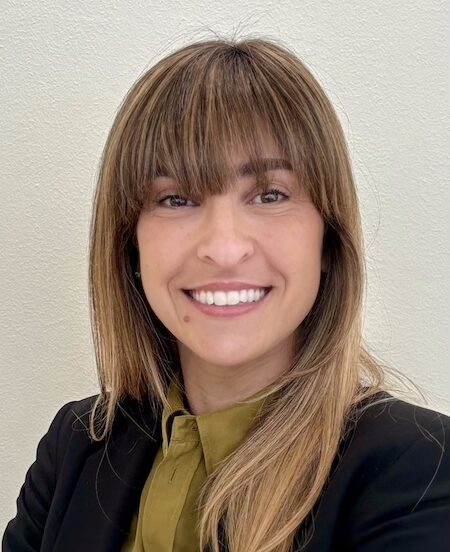
Giorgia Foggetti, PhD
Project leader, Comprehensive Cancer Center, IRCCS San Raffaele Scientific Institute
Adjunct Assistant Professor/Lecturer, Biotechnology for Innovative Therapeutics, Medical School, Vita-Salute San Raffaele University
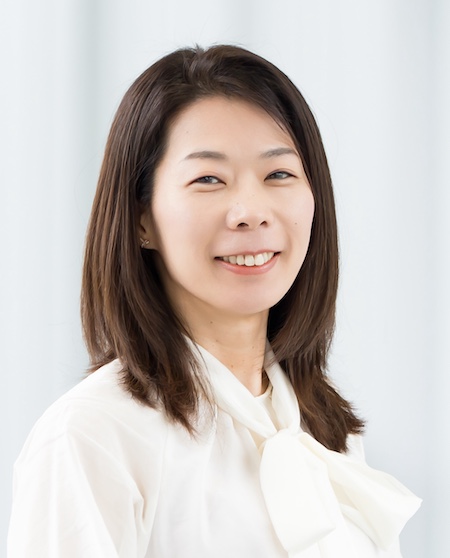
Hideko Isozaki, PhD
Professor, Genome Biology
Cancer Research Institute & Nano Life Science Institute
Kanazawa University, Kanazawa, Japan
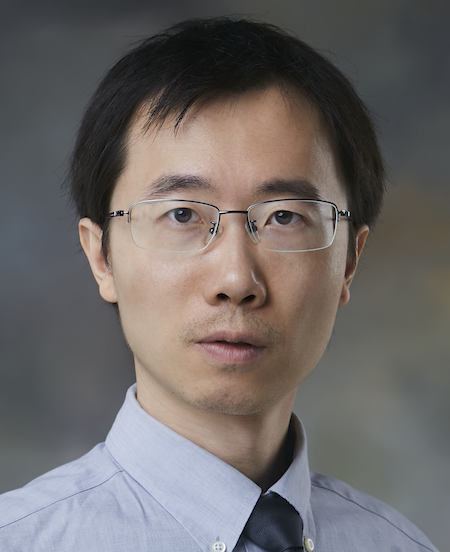
Lingtao Jin, PhD
Associate Professor, Department of Molecular Medicine
University of Texas Health Science Center at San Antonio
# # #
About the Lung Cancer Research Foundation (LCRF)
The Lung Cancer Research Foundation® (LCRF) is the leading nonprofit organization focused on funding innovative, high-reward research with the potential to extend survival and improve quality of life for people with lung cancer. LCRF’s mission is to improve lung cancer outcomes by funding research for the prevention, diagnosis, treatment, and cure of lung cancer. To date, LCRF has funded 429 research grants, totaling nearly $48 million, the highest amount provided by a nonprofit organization dedicated to funding lung cancer research. For more information about the LCRF grant program and funding opportunities, visit LCRF.org/research.
Contact:
Sheila Sullivan
Sr. Director, Marketing & Communications, LCRF
ssullivan@ LCRF.org
